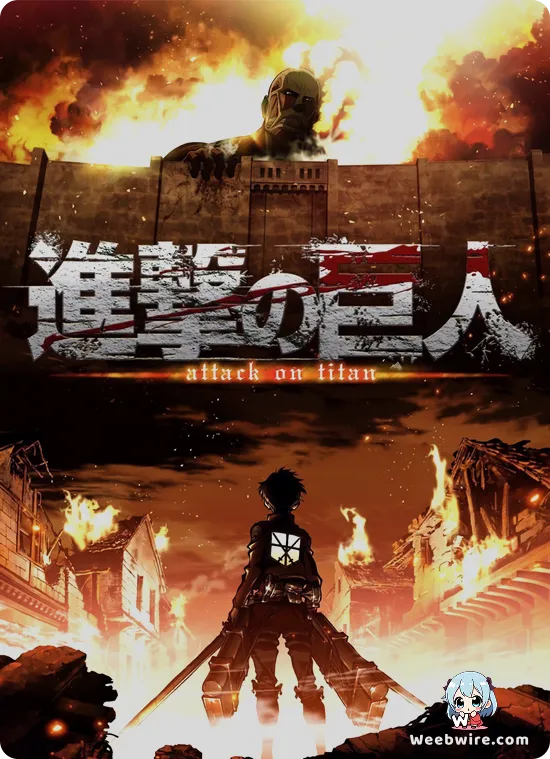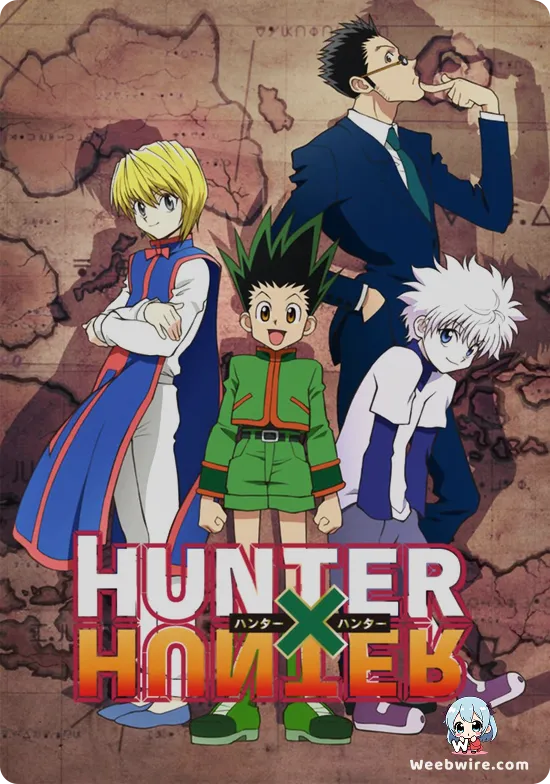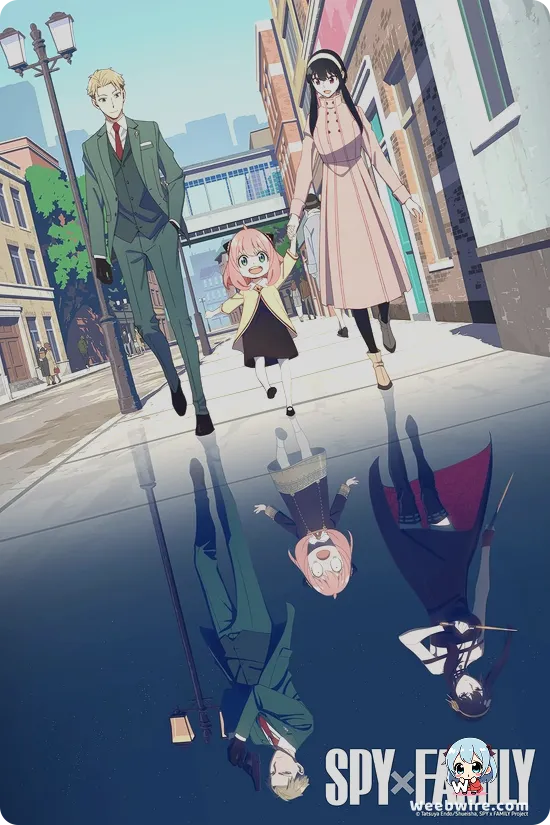Divine Gate Anime: Unearthing Its Mobile Game Origins and Profound Philosophical Narrative
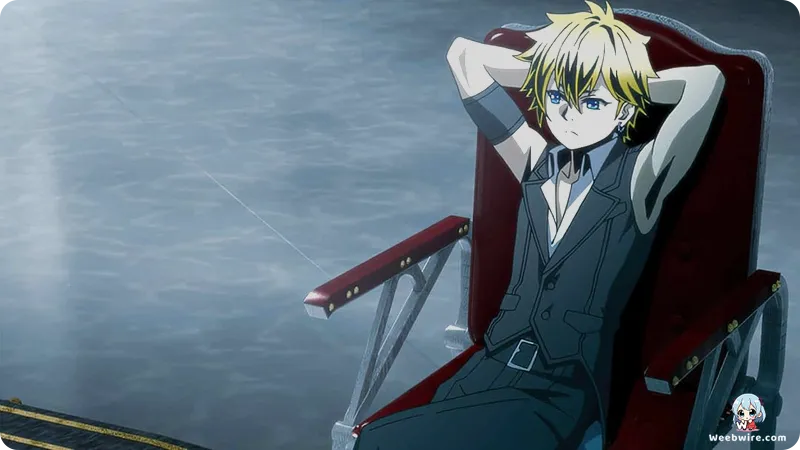
Breaking from conventional adaptations, the 2016 fantasy-sci-fi anime Divine Gate uniquely originated from a free-to-play mobile puzzle RPG. Launched in 2013 by GungHo Online Entertainment, the game quickly captivated Japanese audiences with its strategic gameplay and intricate lore. Adapting this distinct mobile experience into a linear anime narrative posed a significant creative challenge for Studio Pierrot, resulting in fascinating artistic choices and notable divergences from the source material.
A Bold Narrative Reimagining
A core draw for fans is the anime's bold narrative liberties. While retaining humanity's quest for the mythical Divine Gate, the series reinterprets character backstories, motivations, and major plot points. Protagonists Akane, Aoto, and Midori's personal traumas and emotional scars are deeply explored, their struggles intricately woven into their powers and overarching quest. This amplified psychological depth, though present in the game, takes a central, often darker and more introspective role in the anime.
The Enigma of the Divine Gate
The 'Divine Gate' itself is a compelling enigma. Depicted as a nexus connecting the living world, Heaven, and Hell, its true purpose remains shrouded in mystery, rumored to grant any wish but fraught with profound dangers. This ambiguity allows the narrative to delve into complex philosophical themes like free will versus destiny and the nature of truth, positioning the Gate as a powerful symbol of the characters' internal journeys and confrontations with their pasts.
Artistic Evolution and Studio Pierrot's Vision
Character designs also underwent a significant artistic transformation. While the game featured highly detailed art, the anime, under Kazuaki Morita, adopted a streamlined, stylized aesthetic. This offered a fresh visual interpretation, enabling Studio Pierrot to infuse the animation with a unique identity emphasizing clean lines and expressive movements, effectively capturing each character's essence.
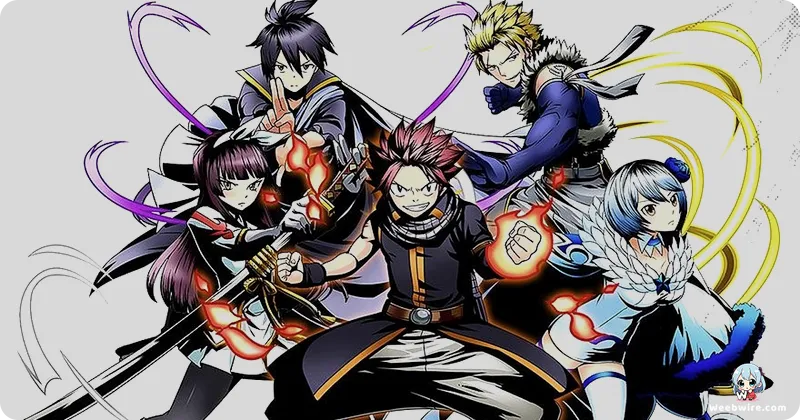
Studio Pierrot's involvement, a powerhouse known for shonen giants like Naruto and Bleach, makes Divine Gate a remarkable case study. Unlike their typical action-packed fare, Divine Gate presented a shorter, more melancholic, and philosophically charged narrative. This showcased the studio's versatility and willingness to explore diverse thematic approaches, embracing a somber color palette and atmospheric sound design that distinguished it from their mainstream productions.
Adapters: Powers Forged from Trauma
The intricate world-building surrounding 'Adapters'—individuals wielding elemental powers often stemming from personal trauma—adds another fascinating layer. The anime meticulously links these powers to psychological states, transforming battles into manifestations of inner turmoil. For instance, Akane's fiery abilities directly connect to his anger, while Aoto's water control reflects his detached sorrow, adding profound depth to action sequences.
Arthur: A Study in Moral Ambiguity
Finally, Arthur, the enigmatic leader of the Knights of the Round, introduces significant moral complexity. His seemingly altruistic goal of opening the Divine Gate is juxtaposed with his mysterious past and ambiguous methods, creating tension that compels viewers to question heroism and villainy.
Divine Gate, despite its mobile game origins, stands as a compelling example of animation exploring deep philosophical questions through character-driven narratives and unique visual storytelling, securing its distinct niche in the anime landscape.
Credits
Divine Gate
Author
GungHo Online Entertainment (Original Game Developer)
Cover Art
Kazuaki Morita
Studio
Studio Pierrot
Publisher
GungHo Online Entertainment

